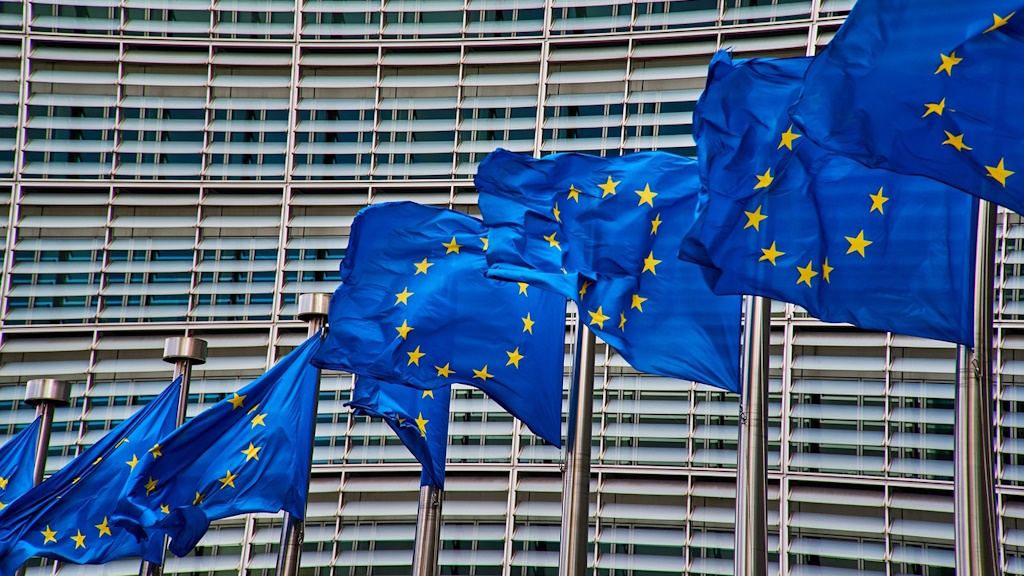The European Parliament published an in-depth analysis of the EU trade policy implications on third countries’ domestic policies. The European Union’s policies influence third country trading partners’ domestic policy in different ways.
Unilateral legislation in the green and digital fields, for example, contribute to setting global standards as traders must comply with EU requirements to access the Single market. The digital transition cooperation between Africa and the EU could lead to further regulatory convergence in the digital field. The EU’s human-centric approach to digital policy, fostering consumer protection and trust inter alia through the General Data Protection Regulation, influences the African Continental Free Trade Area. Ensuring market access between Africa and the EU including in the field of e-commerce is strategically desirable for both blocks. Green legislation will impact foreign producers including smallholder and could potentially result in changes in trade flows. The liberalisation of trade through FTAs fosters economic growth and guarantees access to critical resources such as Chilean lithium for the EU’s digital transition.
However, it can also exert environmental and social pressures on trading partners. Lastly, the rules based international trading system established by the WTO can be eroded by government subsidies with significant negative spillover effects on international trade. Global dialogue between trade partners is desirable to avoid a subsidy race.
For more information, please see here.

